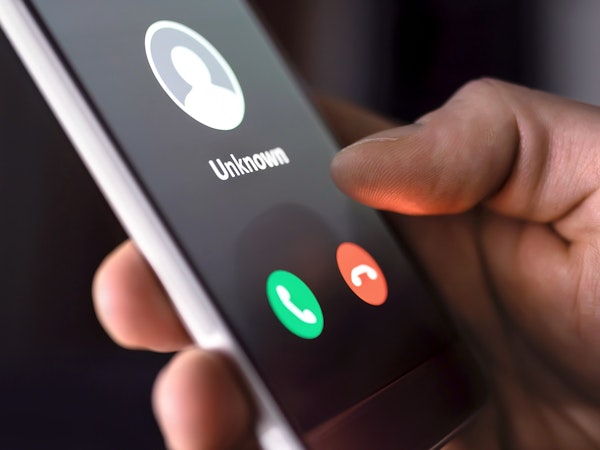Call you back – new HMRC guidance on taxing mobiles
If you’ve received a new mobile phone from your employer for the new year, new guidance from HMRC on the taxation of the device may be useful.

As increasing numbers of employees are using phones provided by their workplace, differentiating between business and personal use can become tricky. Where more than one device is used, or online calls are made on different devices, the picture can be even murkier. HMRC has now published some additional clarification.
The primary consideration is that the phone benefit cannot be converted into money by the employee. So, there is no tax charge on a mobile given to an employee or on any line rental. The cost of personal calls made on that phone paid by the employer is also tax free. Two connections to one mobile number, for example from another SIM card, is regarded as one phone.
A second phone, with its own number, however, does become chargeable. Where a phone is given to a relative or other member of an employee’s household, regardless of whether the employee has a company phone themselves, there is then a tax charge, unless the relative is also an employee of the same employer. There is also a tax charge where an employer reimburses an employee for using their own phone for business calls. From the point of view of minimising tax across the board, it is already inadvisable for an employer to directly settle an employee’s personal phone contract directly, which results in a tax to the employee and national insurance implications for the employer.
Where multiple phones are involved, but a clear distinction is made between use for business and for private calls, then there is no tax charge. Oddly, where two phones are provided for mixed use, only one of them needs to be chargeable, and employer and employee just need to agree which one that is.
Primary purpose
HMRC’s guidance is also trying to keep up with an increasing number of devices and apps able to help with making calls, including laptops and tablets. Where the main purpose of a device is to make calls, regardless of what other functions it may have, it is classed as a phone for tax purposes. However, if you have a tablet with a SIM card that can make calls, its primary purpose is not regarded as phoning, so there is no charge on it. With the range of sizes and applications across all such devices increasing all the time, these distinctions may become increasingly difficult to maintain.
If you’re an employer, before providing your employees with any mobile phones, it’s worth making sure that you are doing so in the most tax-efficient way. And if you’re an employee, check with your employer for any liabilities.






